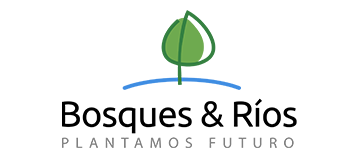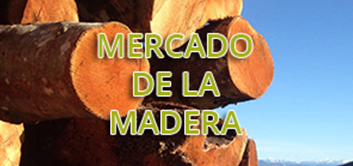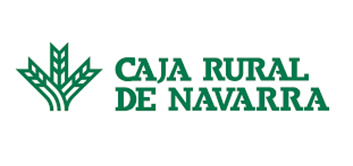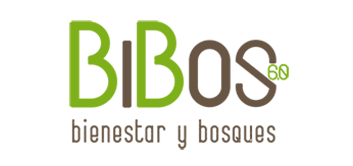– Services –
Representation
Forestry Representation
Foresna’s technical team attends diverse forums where relevant topics and forest policy that will affect forest owners are discussed, such as climate change, renewable energy, forest certification, circular economy and many other topics that we try to summarize and pass on to our members in the clearest way we can.
In order to have access to these forums, Foresna-Zugaia belongs to two organisations with a larger reach including COSE (Spanish Federation of Silviculture Organisations) on the national level and USSE (Southern European Silviculture Union) on the international level.
The main reason for attending national and international forums is to defend and push for many of our members’ rights. which are often under threat because forest properties are subject to more state intervention than any other kind of property and where owners are subject to many restrictions and responsibilities and get little in return.
For these reasons, we must organise ourselves in associations.
Creation of Groups of small owners: Due to the high fragmentation of lots under 5 hectares in Navarre and many people’s lack of knowledge about their mountain lands and the boundaries of their properties, the abandonment of rural areas and the arrival of a new generation, at Foresna-Zurgaia we are promoting the creation of forest owners groups throughout the Pyrenees region.
Forest Advisory Council
Regional Decree 107/1996 of 12 February created the Forest Advisory Council of Navarre as a consulting and participative body for the activity that the Regional Government of Navarre is promoting for protecting the development of the woodlands, forests and mountains of Navarre.
The participative nature and advisory capacity the council has been granted has been reflected in its composition, which includes the main social agents and other parties interested in forestry matters.
Among the members of the council there is a representative from each one of the following traditional governments: Valle de Aezkoa, Mancomunidad del Valle de Roncal, Valle de Salazar University, Comunidad de Bardenas Reales, Junta de Limitaciones, Union de Aralar, Junta Administrativa de Bidasoa-Berroaran and the Junta Administrativa de la Sierra de Santiago de Loquiz.
Lumber Table
Founded in 1995, the Lumber Table unites the main forces within the lumber industry.
The following are part of the Lumber Table:
- Forest owners
- represented by Foresna-Zurgaia
- Production and first-stage processing industries represented by ADEMAN
- Second-stage transformation industries represented by ACEN
- Paper pulp production industry (Papelera Navarra S.A.)
- Chamber of Commerce and Industry
Forest Administration - Other organisations and associations
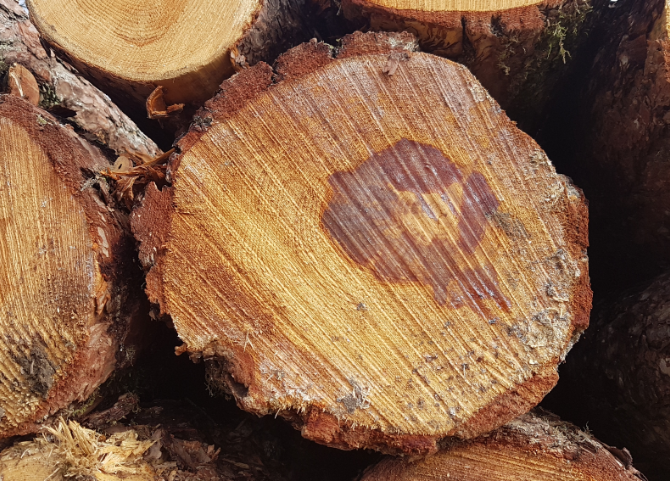
USSE
The goals of the USSE include:
Provide and circulate technical, economic, fiscal, social, legislative and regulatory information about forestry among its members. Carry out the economic union of the forest masses represented by each member. Contribute to the prevention of forest fires and advance the practice of silviculture through spreading forestry techniques and knowledge about lumber markets.
Develop training programmes to benefit members and promote scientific and economic research, encouraging exchange.
Implement and organise the resources necessary to meet the goals set forth by its members.
USSE [ www.usse.es ]
COSE
COSE stands for the Spanish Federation of Silviculture Organisations in English. The organisation was legally founded on 6 November, 1987 out of the already existing Spanish Forestry Federation, which was founded in 1987. It operates on a national scale and it’s a non-profit, non-partisan professional agro-forestry organisation.
- The association’s activities are based in the following lines of action:
- It represents the interests of silviculture operators at the state and European level before the central Government, its advisory bodies and other social agents.
- It provides support and coordination for the regional and sectorial organisations of the COSE and reinforces the regional network of silviculture associations.
- It reinforces inter-professional cooperation with the lumber and cork industries in the interest of improving the effectiveness of the entire forestry production chain.
- It maintains a media presence to present the realities of forestry to the public and challenge widely held disbeliefs.
- It also aims to contribute to improving the training of silviculture operators.
Página web COSE: www.selvicultor.org
